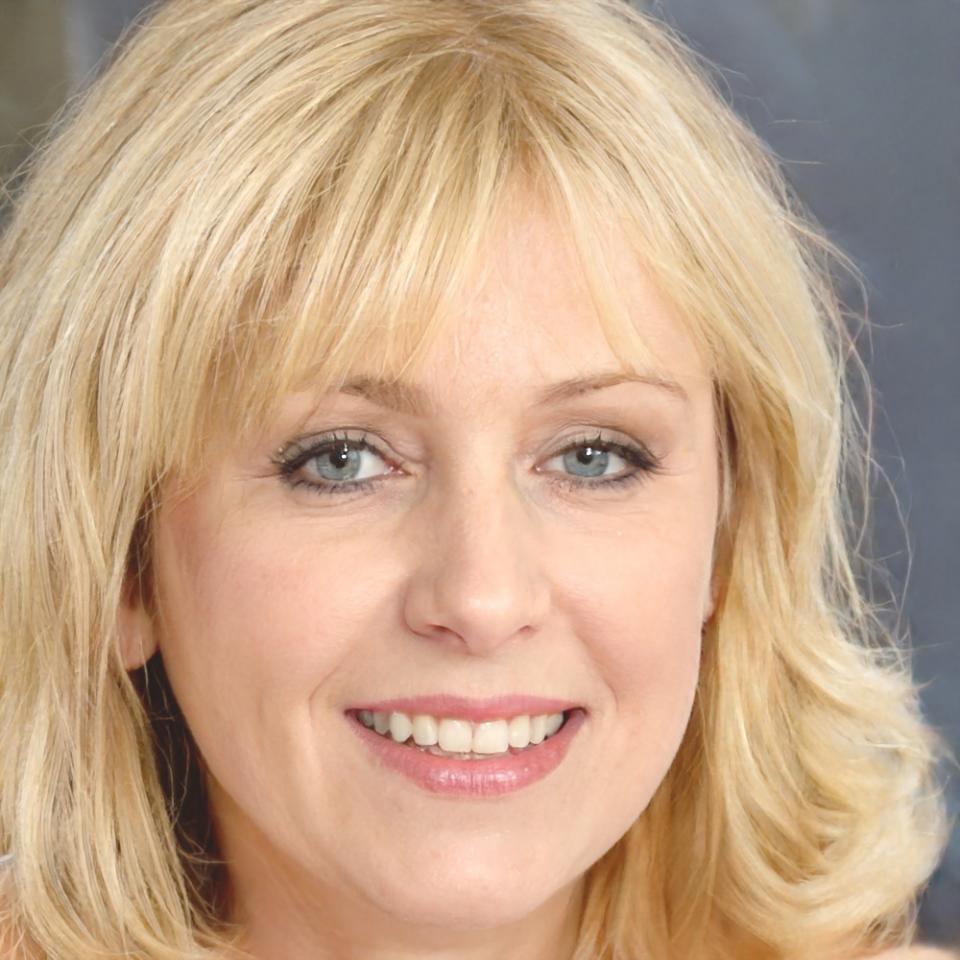Building Partnerships That Actually Work
We've spent years figuring out what makes budget variance analysis education stick. Our partnership approach isn't about splitting revenue or checking boxes—it's about creating something valuable together.
The Real Story Behind Our Collaborations
Back in 2023, we tried the traditional partnership model. Lots of meetings, formal agreements, everyone nodding along. It looked good on paper but felt hollow in practice.
What we learned was simple: partnerships work when both sides bring something genuine to the table. We focus on budget variance training because that's what we actually know. Our partners—accounting firms, financial advisory groups, corporate training departments—bring their audiences and real-world context.
The magic happens when a corporate finance team sits down with practical variance analysis frameworks they can use the next day. Not theory. Not abstract concepts. Just tools that help them spot where budgets drift and why it matters.
We've partnered with seventeen organisations across Australia since early 2024. Some relationships evolved into deep collaborations. Others were shorter engagements focused on specific training needs. Both types taught us something.


How We Actually Structure Things
- Joint curriculum development where your industry expertise meets our variance analysis methods—we've found this produces better results than either approach alone
- Flexible delivery formats including on-site workshops, virtual sessions, and hybrid models that adapt to your team's schedule rather than forcing everyone into our calendar
- Co-branded materials that respect both organisations' identities while maintaining educational integrity—nobody wants generic workbooks with logos slapped on
- Ongoing support channels so participants can ask follow-up questions weeks after training when real implementation challenges surface
- Regular review cycles every six months where we honestly assess what's working and what needs adjustment—these conversations matter more than initial agreements
- Revenue sharing models that align with actual value delivered rather than upfront promises nobody can guarantee
What Partners Actually Say
We asked some of our partners for honest feedback. Here's what they shared—unedited and real.

Sienna Blackwood
Financial Training Director
The initial conversations took longer than expected because we wanted to understand each other's methods. Worth every minute. Our finance teams now catch budget discrepancies three weeks earlier on average.

Freya Drummond
Corporate Learning Manager
We've partnered with several training providers. ulmervaxilo stands out because they admit when something won't work for our context instead of pushing their standard package. That honesty matters.

Isla Redpath
Advisory Services Lead
The partnership evolved beyond what we originally discussed. Started with one workshop series in autumn 2024, now we're planning quarterly sessions through 2025. The demand from our clients drove that expansion.
Common Questions About Working Together
These come up in nearly every initial conversation. We've written out the answers so you know what to expect before we talk.
What kind of organisations do you typically partner with?
Mostly accounting firms, financial advisory practices, and corporate finance departments. We've also worked with professional associations looking to add variance analysis training to their member offerings. The common thread isn't organisation type—it's having an audience that deals with budgets and wants practical analysis skills. If your people struggle to explain why actual spending differs from planned spending, we probably have something useful to offer.
How long does it take to set up a partnership arrangement?
Honestly depends on what you're trying to build. Simple workshop delivery with existing materials might take three weeks from first conversation to scheduled session. Custom curriculum development with co-branding and integrated delivery could stretch to three months. Most partnerships land somewhere in between—around six to eight weeks. We've learned not to rush the planning phase because fixing misaligned expectations later costs everyone more time.
Can we trial something small before committing to a bigger arrangement?
Absolutely, and we'd actually recommend it. Most successful long-term partnerships started with a single workshop or pilot program. That approach lets both sides test compatibility, assess audience response, and identify what needs adjustment. We've had pilot programs evolve into multi-year relationships and others that remained one-time engagements. Both outcomes are fine—the point is finding what genuinely works rather than forcing something that doesn't fit.
What support do you provide during program delivery?
We stay involved throughout delivery rather than handing off materials and disappearing. That includes facilitator preparation sessions, real-time support during workshops, participant question channels, and post-session debriefs. For virtual delivery, we handle the technical setup and backup. For on-site delivery, we coordinate logistics but rely on your local knowledge about venue and timing. The exact support mix gets defined during planning based on your team's capabilities and preferences.
How do you handle intellectual property and content ownership?
We approach this pragmatically rather than territorially. Core variance analysis frameworks and methods remain ours—we've spent years developing them and use them across multiple partnerships. Industry-specific adaptations and examples developed jointly become shared property with clear usage terms. Custom materials created specifically for your organisation stay yours. We document all this clearly upfront because ambiguity here creates problems later. The goal is protecting everyone's investment while allowing flexibility where it makes sense.
Let's Have an Honest Conversation
We're looking for partners interested in building something useful rather than checking partnership boxes. If that resonates, reach out and we'll explore whether collaboration makes sense.
Start a Conversation